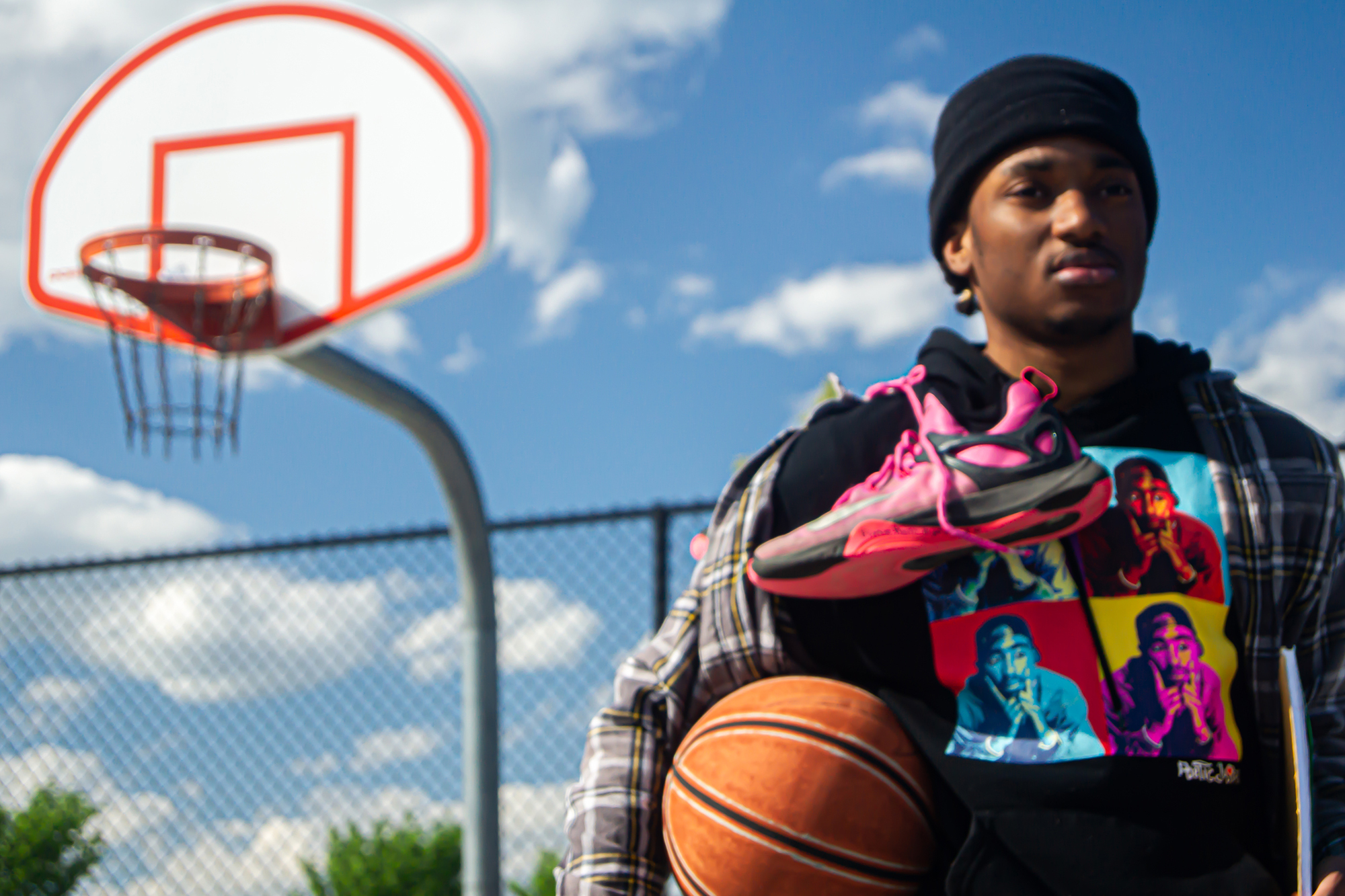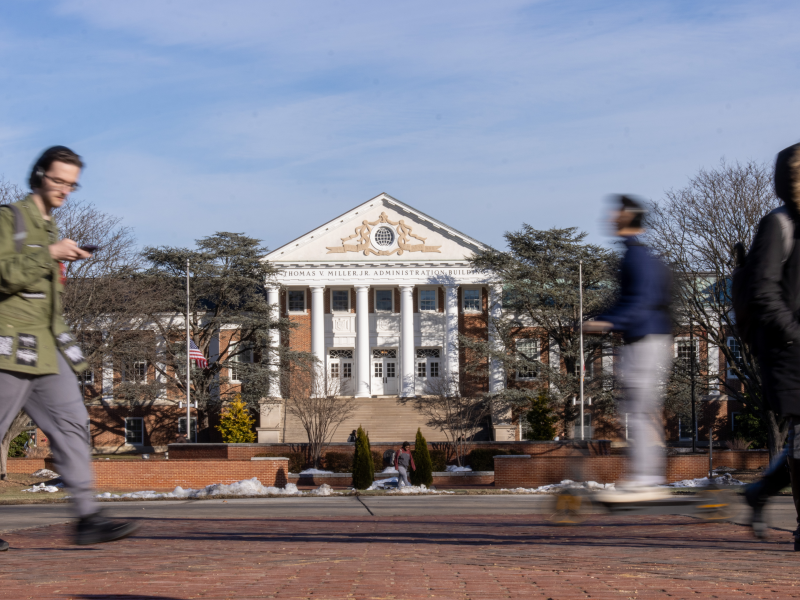Views expressed in opinion columns are the author’s own.
I could tell you that I was shocked when I saw the footage of Ahmaud Arbery, an unarmed, 25-year-old black man, being gunned down by two white men while jogging through a Brunswick, Georgia, neighborhood.
I could tell you that I have full faith in the judicial system to ensure the men charged with his murder — 34-year-old Travis McMichael and 64-year-old Gregory McMichael — are brought to justice.
I could tell you that it couldn’t happen to me.
But that would all be a lie.
I have seen it all before. I will see it all again. And as I watched Arbery’s body crumble to the ground through the lens of a shitty phone camera, it wasn’t anger or grief or sadness or disillusionment I was feeling.
It was fatigue.
All those other feelings came to pass soon enough. They surfaced during conversations with my dad. They manifested while I scrolled through my timeline and saw that grainy footage replayed again and again. They bubbled as the names and faces of those we’ve lost before swirled around in my head. Tamir. Trayvon. Walter. Freddie. Countless others, too.
All that other stuff dissipates in the end. Life goes on, you have responsibilities to tend to, and the passion that fueled all those emotions flickers away. At least that’s how it’s usually been.
But that exhaustion? That fatigue you feel after seeing yet another black body reduced to rubble? That weariness you take on as their killers walk free? That’s harder to escape.
So, yeah, I’m tired of black martyrs.
I’m tired of the conversations black parents need to have with their children in the aftermath of these killings — not as a moment of outrage, but as a lesson. It’s the same one my parents had with me and my brothers when Trayvon Martin was killed.
“If a police officer asks you to do something, you do it. We can get you out of jail. We can’t get you out of a casket,” my mom told me.
I was 12 years old.
I’m tired of the criminalization of black behavior. Jogging down the street, selling cigarettes or standing at a bus stop shouldn’t be met with a hail of bullets. Or a chokehold. Or a knife.
Hell, just a few weeks ago, I found myself in a similarly precarious position.
I was walking to my local basketball court, hooping items in one bag, newspaper items — a camera, a pen and pad — in the other. I wanted to write a story about people playing basketball amid the coronavirus pandemic — and maybe get some shots up, too.
I saw a cop car parked across the street and walked in the other direction. I’ve never been too comfortable with police officers — seeing countless unarmed black folk get shot tends to do that to you.
That’s when the officer bucked a U-turn and pulled up beside me. He poked his head out the window and asked me where I was headed.
I told him I was a college student working on a story for his school newspaper. The words fumbled out of my mouth.
He proceeded to park his car beside me, get out, and start asking more questions. He mentioned that I “loosely” fit the description of a person reported to be “looking into cars.”
That’s not a crime. Neither is looking like a suspect in neighborhood break-ins — the accusation that prompted the McMichaels to confront and lynch Arbery.
The cop asked for my ID. I didn’t have it — it’s not like I could go anywhere to buy anything.
He jotted my name down on a notepad, searched for my information on his dashboard laptop and laughed: Nestled in between my ID pictures was a photo of a white woman.
I was not amused.
Then, he sent me on my way. The whole encounter had to have lasted 10 minutes, maybe less. And as he pulled away, my eyes grew wet and wild.
It wasn’t the stop itself that prompted my tears. The police officer was — for all intents and purposes — kind and respectful. I’d like to think he sensed my unease and hastened our interaction as a result.
Rather, it was the realization that for everything I am and everything I do, it could all be taken away so quickly. We live in a world where black life is criminalized and demonized, where simple actions for most, are hazards for us.
Arbery was jogging. Trayvon was eating Skittles. Richard Collins was waiting for the bus.
I was walking.
So, yes, I am tired.
And you should be, too.
This column has been updated.
David Suggs, sports editor, is a junior government and politics major. He can be reached at djsuggs3@gmail.com.



